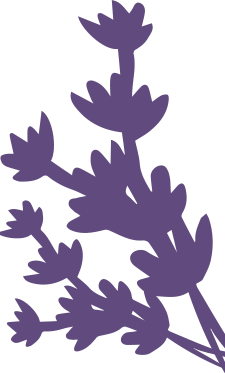Without them, there would be little or no fruit or vegetables. Bees play an essential role in our ecosystem, as their main activity is pollination.
Bees are the only insect whose products have been consumed by humans since the dawn of time: pollen, propolis, royal jelly and, above all, honey.
If the bee disappeared from the face of the earth, Albert Einstein is said to have said that man would have only 4 years left to live on earth. No more bees, no more pollination, no more plants or fruit, no more animals, no more man.
The main cause of bee mortality is climate change, as well as invasive species such as varroa mites or species imported through globalisation, such as the Asian hornet. Bees are victims of all these harmful factors, which put their lives at risk.
Did you know that a bee lives less than 40 days, visits at least 1,000 flowers and produces less than a teaspoon of honey? That's a whole lifetime.
So let's respect them, and that's why I live my life as a beekeeper!




Benoit Clayette - 04/03/2025 22:50:39
Très bel article et très beau metier trop peu mis en avant! Bravo à cet apiculteur et merci à lui pour la contribution qu'il apporte à la biodiversité!
Laura - 04/03/2025 14:22:53
Super article ! Bravo. Je connais le miel de Jean - Christophe , mon préféré : le miel de lavande crémeux ! Un vrai délice en toute saison....
Fescourt Michèle - 04/02/2025 15:52:53
Très belles photos qui vous donnent envie d'habiter sur ce plateau de Valensole. Félicitations à toute l'équipe des "Folies de Provence" pour leur souci de faire paraître une publication qui vous donne envie d'acheter du miel. De plus les photos avec des ruches sur le plateau de Valensole, vous permettent d'apprécier la beauté de tous ces paysages de Provence. Merci à tous et bonne continuation. Cordialement,
Delphine - 04/02/2025 15:22:14
Magnifique article ! Merci beaucoup !